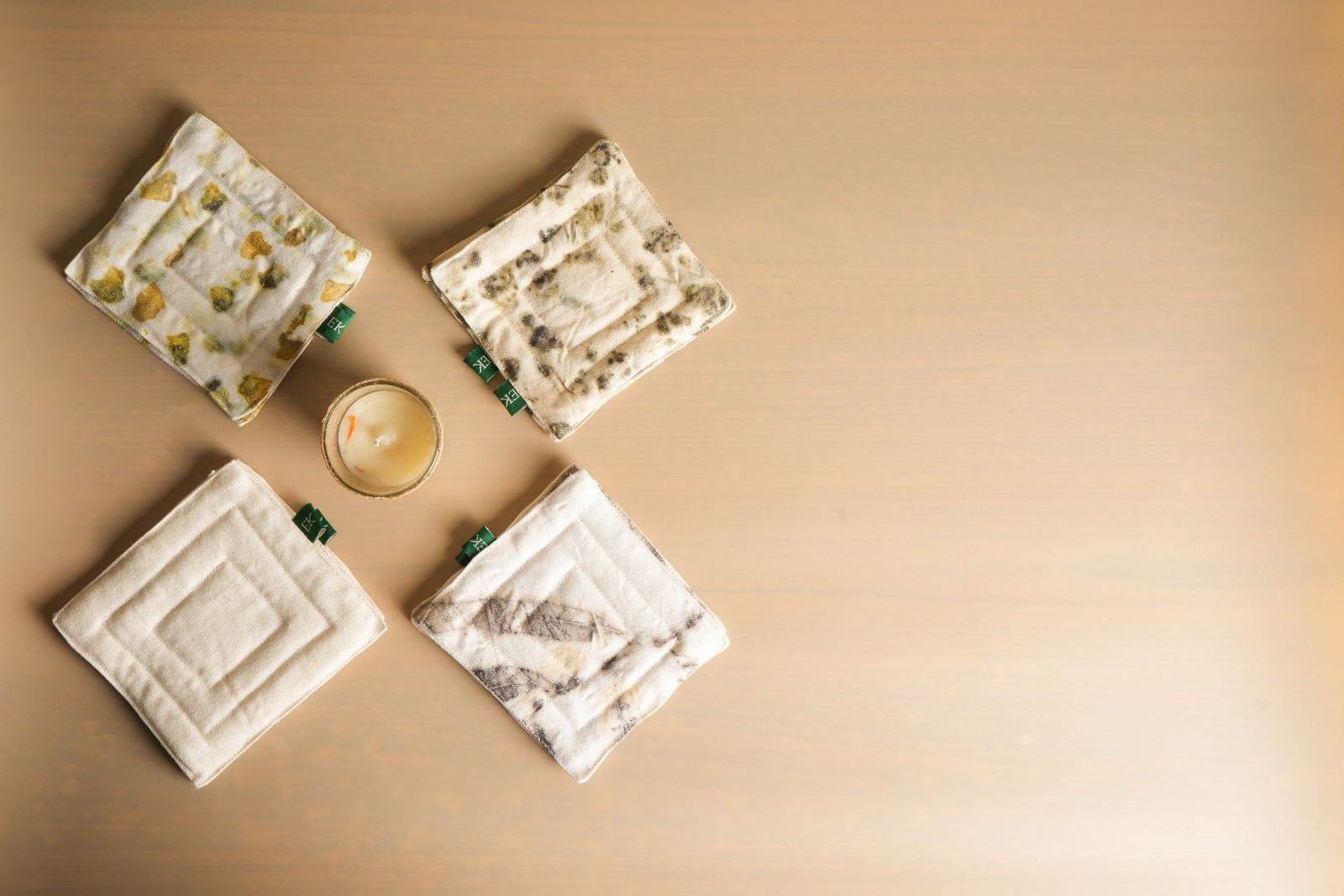An eco kitchen is more than just decreasing the trash; it is a lifestyle shift that one makes towards sustainability and mindful use of resources. What appears to be waste isn’t necessarily waste. We can turn what appears to be waste into meaningful resources by rethinking our approach.
Here’s a guide to transform your kitchen trash into a sustainable resource:
-
-
Making Compost out of Vegetable and Fruit Peels
One of the most important steps towards creating a waste-free kitchen is to start composting. Through the process of turning food scraps of vegetables and fruit peels into a nutrient-rich compost, one can actively help lower landfill methane emissions while simultaneously creating a sustainable, chemical-free source of plant nutrition. This environmentally friendly method promotes a greener earth in addition to nourishing the soil. Composting is a proactive and ecologically conscious action that embodies the ideas of sustainability and waste reduction in our day-to-day existence.
-
Investing in Sustainable/Reusable Products
Changing your daily routine to include reusable alternatives in your kitchen offers numerous long-term benefits for the environment and your pocketbook, in addition to supporting a more sustainable lifestyle. Think about introducing long-lasting products into your daily routine, such as cotton napkins, stainless steel straws, and silicone food bags. Replacing disposable products with reusable alternatives is a significant step towards lowering the use of single-use plastic. Stainless steel straws offer a long-lasting fix that does away with the need for frequent replacement and disposal.
Similarly, using cotton napkins instead of paper ones saves a tonne of paper waste while also adding a sense of refinement to your dining experience. In the long run, these reusable bags prove to be a cost-effective option in addition to reducing the amount of plastic pollution. Instead of using poly bags for storing foodgrains and vegetables, use our bamboo storage bags. Embrace the durability and sustainability of glass or stainless steel containers since they can significantly reduce the build-up of non-biodegradable garbage.
Also, you can switch to our hemp grocery bags for groceries and other items. Think about implementing biodegradable trash bags into your regular waste management routine. The environmental impact of disposing of waste is considerably reduced by these eco-friendly substitutes, which break down faster than conventional plastic bags. Essentially, switching to sustainable materials that are earthy friendly and reusable kitchenware is a deliberate decision to reduce the environmental impact of your everyday activities as well as an investment in a better future.
-
Mindful Purchases
Make sure you obtain all you need for your requirements. Fruits and vegetables have a limited shelf life and can spoil if not used within that period. Therefore, it is important to be mindful of this. To avoid needless waste, buy these perishable items after carefully assessing your consumption schedule. When purchasing fresh produce, make smart choices to maximize consumption and reduce the possibility of spoiling from extended storage.
-
Process of Upcycling
Upcycling promotes creativity and reduces the demand for new materials. In addition to adding character to the area, repurposing waste materials such as glass jars to store other items, buying cloth coasters made from waste cloth or repurposing old kitchenware to create different kitchen decor promotes a circular economy. Using upcycling in the kitchen not only lessens the amount of waste going to landfills but also encourages creativity by showing how ordinary objects can be given new life with some innovativeness and work. This environmentally responsible solution for a eco kitchen is both functional and visually pleasing, and it supports the growing trend towards sustainable living.
Conclusion
Making thoughtful choices while remaining open to change are necessary when converting a kitchen into a zero-waste setting. One way that people actively contribute to a more sustainable future is through making conscious decisions, like using reusable cups. This technique involves encouraging a mindset that gives priority to eco-friendly options in addition to reducing trash. Adopting a zero-waste lifestyle requires implementing a number of minor but significant adjustments over time. Embracing eco home products is an essential step toward adopting a sustainable and mindful eco-living lifestyle.



